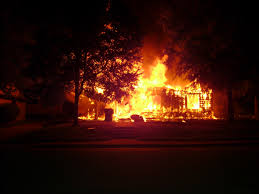
At TruePoint Insurance, agents help the residents of Fisherville, KY find insurance that meets their unique needs. We approach the client’s life insurance needs in the same manner.
Term life is an excellent choice for individuals who want to make sure that their final expenses are covered. It’s also an option if you want to have the policy mature within a specific period. A term life policy offers a variety of benefits that other types of life insurance don’t.
Specific Time Frame
Term life insurance is written for a specific number of years. Each payment is used to add equity to the policy until it matures at the end of the designated term. Term life policies can be written for 10, 20, or 30 years, depending on how big the plan is and how much you want your monthly premiums to be.
While Life and Universal Life Build Equity, Term Life DOES NOT
Whole and universal life policies are often referred to as permanent life insurance. The term permanent life relates to the fact that these policies do not have an expiration. In addition, the permanent policy develops equity which continues to grow as you make payments.
While the cash value grows slowly at first, once the equity has reached a certain amount, you may have the option to borrow against it. This is an excellent option if you have an emergency when you need access to cash. You can then pay the loan back by paying an additional payment every month.
The drawback to permanent policies: A Significantly Higher Premium
Lower Payments
The fact that term insurance policies don’t guarantee to ever pay

It is a common belief that young families receive the greatest benefits of life insurance. There are many reasons that support this argument. While this age group is least likely to collect from a term insurance policy, the risk of not having protection is by far the greatest.
Young couples have may have a lot of balls in the air. Couples with children have legitimate concerns regarding their wellbeing should something happen to one or both of the parents. Increased demand for insurance among young couples can also be magnified if one spouse is the primary breadwinner.
The inflated insurance demands will in many cases be short lived. As children leave the nest insurance needs decline. Over time savings increase, further reducing the demand for life insurance.
It is normal that insurance needs are greatest for young families. It is also normal that young families have less disposable income. The lower premium associated with term life is often a much better fit for families that are just getting started,
While the primary benefits of a term policy
If you live in the Fisherville, KY area and have questions concerning term life insurance, call the agents at TruePoint Insurance and schedule an appointment. They will go over all of your questions and make sure you have the answers you need to make an informed choice.

 Contact
Contact
 Email an Agent
Email an Agent

 Click to Call
Click to Call Get Directions
Get Directions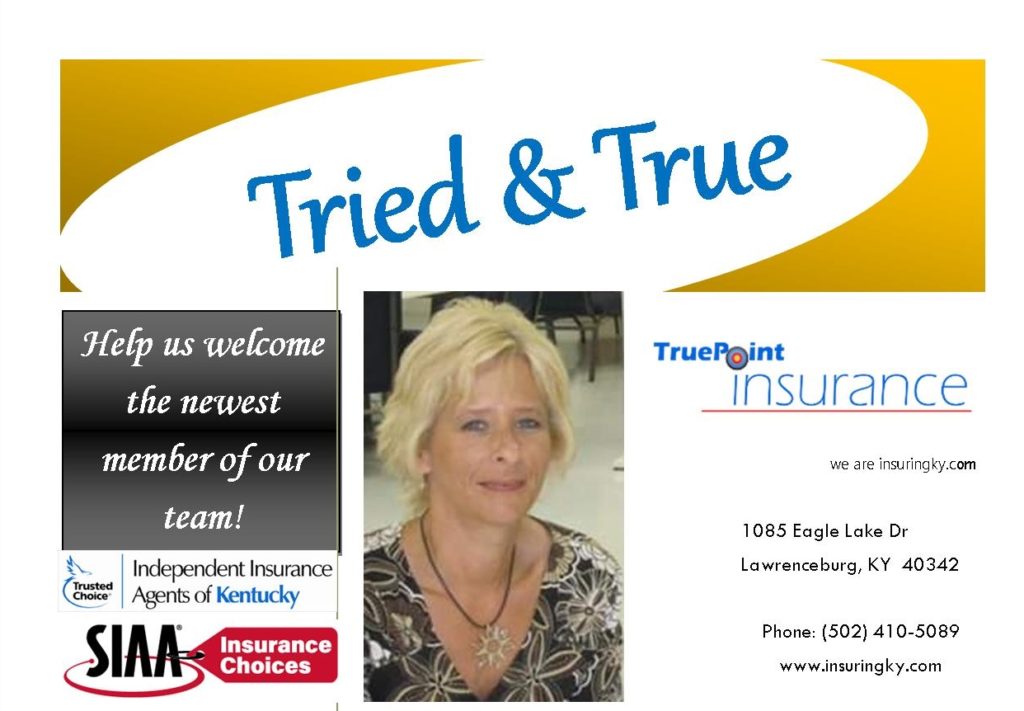

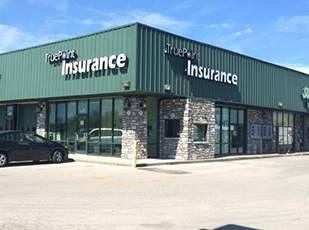
 Whether you live in Louisville or Lexington or the surrounding communities, you’ll have no trouble finding a great body of water. The Kentucky River, Ohio River, Mississippi River, and many other’s present awesome waterways for Kentucky boaters.
Whether you live in Louisville or Lexington or the surrounding communities, you’ll have no trouble finding a great body of water. The Kentucky River, Ohio River, Mississippi River, and many other’s present awesome waterways for Kentucky boaters.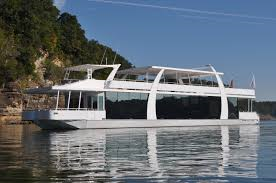 But before deciding to forgo watercraft boat insurance, first, consider what you paid for the boat. Now think how many opportunities there are for severely damaging your boat. On the way to the lake, you can relax a bit. As long as the boat is on a trailer being towed by your insurance truck or car, the liability exposure of the boat will be picked up by your auto insurance. Once off the trailer, the boat is your responsibility. During the process of unloading your boat, it’s possible for you to damage another boat. Just as easily you might also damage their truck, trailer, or even worse, another person. Once on the lake, there is an unlimited supply of exposures. Any of which might damage your boat. Damaging your boat and losing your entire investment would be bad enough, but if you are involved in an accident with another boat, you could potentially be out a boat plus buying a new one for the other party.
But before deciding to forgo watercraft boat insurance, first, consider what you paid for the boat. Now think how many opportunities there are for severely damaging your boat. On the way to the lake, you can relax a bit. As long as the boat is on a trailer being towed by your insurance truck or car, the liability exposure of the boat will be picked up by your auto insurance. Once off the trailer, the boat is your responsibility. During the process of unloading your boat, it’s possible for you to damage another boat. Just as easily you might also damage their truck, trailer, or even worse, another person. Once on the lake, there is an unlimited supply of exposures. Any of which might damage your boat. Damaging your boat and losing your entire investment would be bad enough, but if you are involved in an accident with another boat, you could potentially be out a boat plus buying a new one for the other party. If you’re able to take the watercraft out onto the water, then it can be protected with a form of boat insurance. Whether you have a bass boat or you have a houseboat you like to take out on the lake,
If you’re able to take the watercraft out onto the water, then it can be protected with a form of boat insurance. Whether you have a bass boat or you have a houseboat you like to take out on the lake,  accident on your way to the lake, on the lake, or even inside of your garage, may put your purchase at financial risk, and can even put you at risk of paying out due to liability issues. It’s easy to find out what kind of coverage options are available for Kentucky boat owners. All you need to do is give the team at TruePoint Insurance a call today.
accident on your way to the lake, on the lake, or even inside of your garage, may put your purchase at financial risk, and can even put you at risk of paying out due to liability issues. It’s easy to find out what kind of coverage options are available for Kentucky boat owners. All you need to do is give the team at TruePoint Insurance a call today.


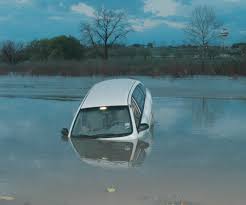
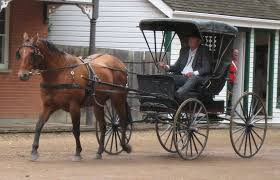

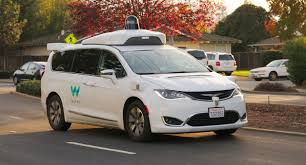





 Volunteering in your Fisherville, KY community is a good thing; people should do more of it on a regular basis. That said, being charitable doesn’t change the fact that one still needs transportation to get from point A to point B. You’re going to use your car, covered by a personal policy, and it will raise the question where does a consumer cross the line between personal use and liability protection and being part of a non-profit effort or organization? Remember, the private car insurance policy was crafted based on the assumption the driver is traveling for personal use and nothing else.
Volunteering in your Fisherville, KY community is a good thing; people should do more of it on a regular basis. That said, being charitable doesn’t change the fact that one still needs transportation to get from point A to point B. You’re going to use your car, covered by a personal policy, and it will raise the question where does a consumer cross the line between personal use and liability protection and being part of a non-profit effort or organization? Remember, the private car insurance policy was crafted based on the assumption the driver is traveling for personal use and nothing else. 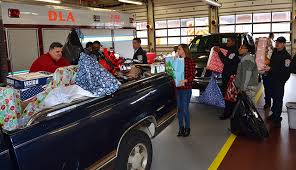 Regular volunteering is definitely not in that risk assumption and could give a provider a reason to deny a claim when the insurer asks for details leading up to the accident or damage.
Regular volunteering is definitely not in that risk assumption and could give a provider a reason to deny a claim when the insurer asks for details leading up to the accident or damage. what your volunteering consists of. We will examine your current policy for what can be changed or find a new policy that meets your needs better. Then, you can get back to helping others instead of putting yourself in a bad spot. Give TruePoint Insurance a call today to find out more.
what your volunteering consists of. We will examine your current policy for what can be changed or find a new policy that meets your needs better. Then, you can get back to helping others instead of putting yourself in a bad spot. Give TruePoint Insurance a call today to find out more. Firing Up A Hearty Loss
Firing Up A Hearty Loss